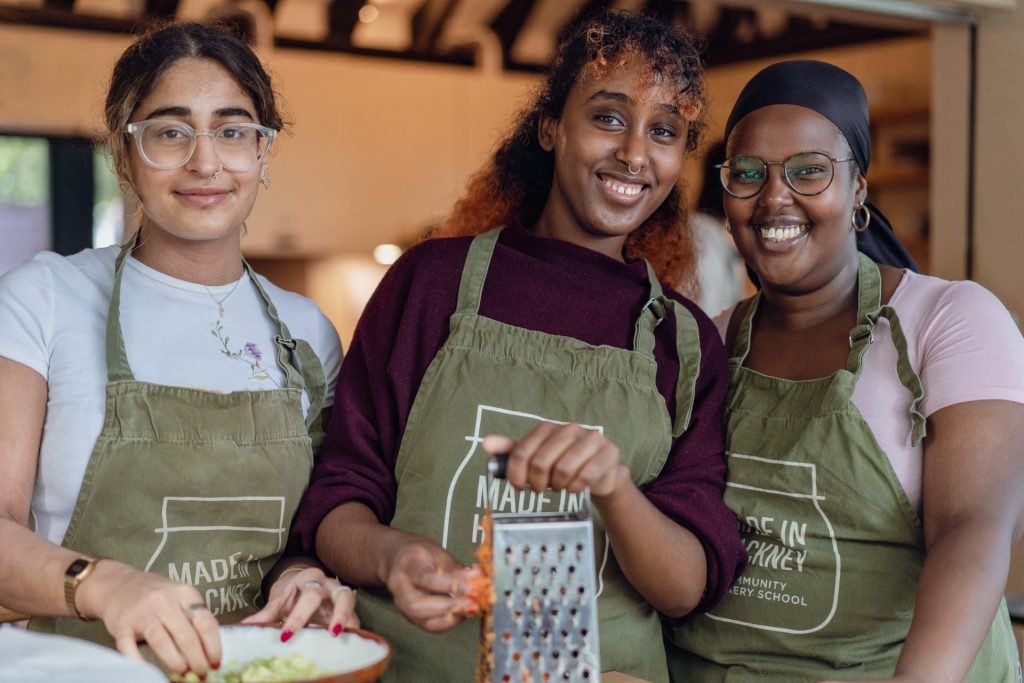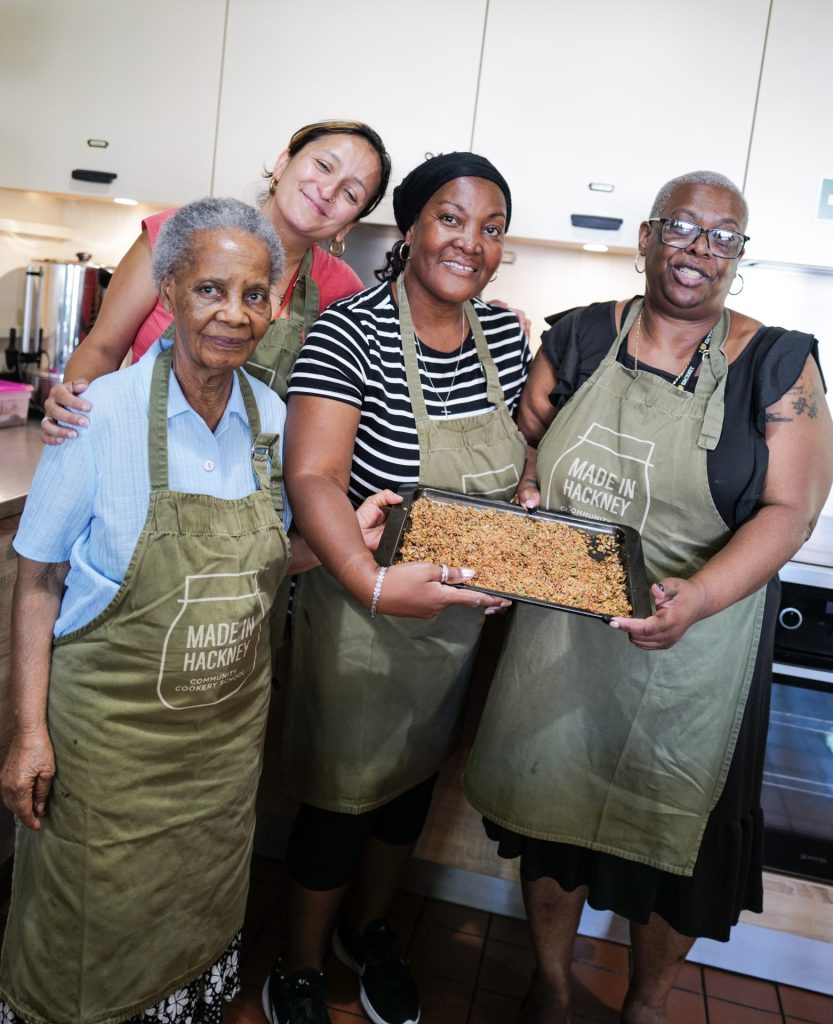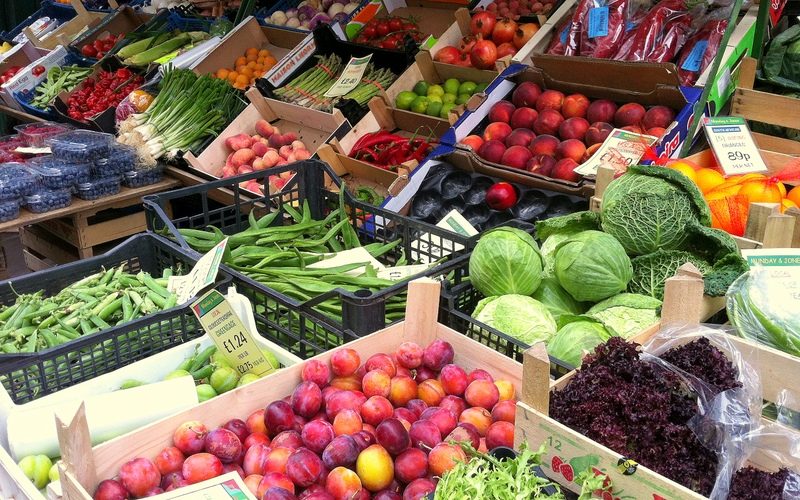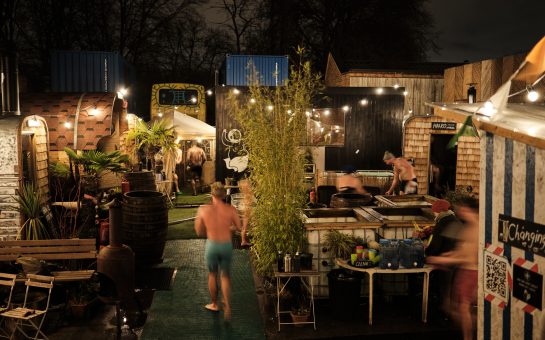The cost-of-living crisis has caused the price of homegrown produce to skyrocket, pushing healthy living further out of reach for people on low incomes and worsening food inequality.
Additionally, importing fresh fruit and vegetables is a huge contributor to climate change yet, with the growing prices of domestic produce, many are left with no choice but to choose foreign crop or go without.
According to data provided by the Department for Environment, Food and Rural Affairs (DEFRA), the price of popular homegrown horticultural produce has been increasing slowly since 2019.
Between the end of 2022 and the end of 2023, these prices have spiked dramatically, deviating from the gradual increase of the years before.
Of the six types of homegrown produce shown on the graph above, all have risen since 2019 and in the last year.
From British apples to round tomatoes, the data shows that over the last year, prices have increased on average by 17.7%, compared with the 1.9% increase between 2021 and 2022.
The rising premiums on these goods are being attributed to a wide range of issues facing the industry including labour shortages, the tightening of pesticide regulation, and the changing climate.
Made in Hackney: on the front line of combatting food injustice
The founder of community cooking school Made in Hackney has noticed the impact of these rising premiums on those ‘at the sharp end of food injustice’.
Sarah Bentley said: “It is getting to the point where just having a simple apple is now an extreme luxury.
“It is an astronomical increase for people that are already pushed into the corner in terms of covering all their costs.”

The plant-based community cookery school teaches people from low-income backgrounds to cook healthy meals and reduce carbon footprints.
The organisation offers classes on 15-minute meals to feeding four for £3, with community classes partially funded for by paid masterclasses that are also held in the centre on Clapton Common.
She said: “Whatever area our teachers are teaching in, they will do their research to find out what is the best recommendation for low-cost fruit and veg, making sure they recommend that.”
As well as weekly cooking classes, the team at Made in Hackney deliver 200 emergency meals a week to those in need.
The organisation works closely with those struggling with long-term health challenges to prolonged stints of unemployment in hopes to improve their lifestyle and close the gap of food inequality.
Bentley spoke about the importance of a balanced diet and has seen some major medical improvements to those who switch to eating more fresh produce.
The former journalist added: “We do courses for people with type two diabetes, and they have been with us for six months and their diabetes have gone into remission.
“We have had chronic bowel complaints and they have worked with us and some of our teachers and they have gone on to heal these complaints.”

The rise in health inequality as a result of increasing produce prices
It is well established that a lack of access to diverse foods increases the likelihood of suffering from ill-health.
A research briefing published by the UK Parliament acknowledges the correlation between health and food inequality, with those living in deprived areas and disabled people being some of the worst affected.
In 2022, the Government promised the creation of the Health Inequalities White Paper in an attempt to tackle health inequality throughout UK.
However, in January of 2023, the White Paper was scrapped.
At the time, President of the British Medical Association (BMA) Martin McKee said: “It is appalling that during a cost-of-living crisis threatening the long-term health of many in our poorest communities, and after a decade in which cuts to welfare and public health measures have made our country relentlessly sicker, the Government could simply abandon its promised strategy to address health inequalities.”
Groups like Made in Hackney are using community-based strategies to overcome the spike in cost for homegrown produce, teaching groups how to make use of fresh crop to ensure that there is very little waste.
In fermenting and pickling these scraps, people are simultaneously reducing their impacts on the environment.
Featured image: Fresh fruit and veg. display by Jonathan Billinger, CC BY-SA 2.0, via Wikimedia Commons





Join the discussion